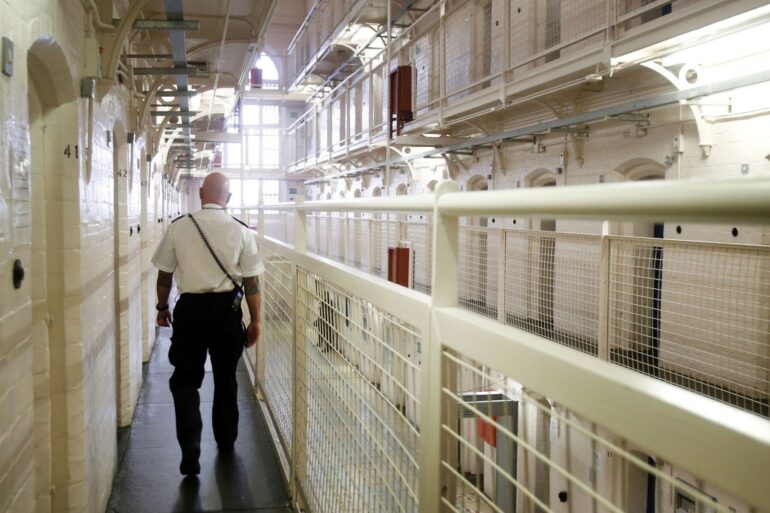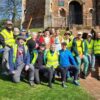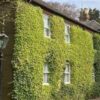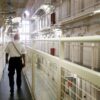-
 play_arrow
play_arrow
Kl 1 Radio Local radio for west Norfolk
-
 play_arrow
play_arrow
KL DISCO KL Disco Playing Disco Music from the 70's onwards.24/7
-
 play_arrow
play_arrow
KL COUNTRY KL COUNTRY Playing New and Classic Country Music 24/7
-
 play_arrow
play_arrow
KL ROX KL ROX The best of New and Classic Rock.24/7
-
 play_arrow
play_arrow
KL SUMMER Summer Vibes 24/7 from KL1 Radio across West Norfolk
-
 play_arrow
play_arrow
KL CLASSICAL Your Symphony Starts Here
-
 play_arrow
play_arrow
KL CHILL Just Chill!
-
 play_arrow
play_arrow
KL POP The Best POP Hits all day Long!
-
 play_arrow
play_arrow
KL XTRA KL XTRA
music_note
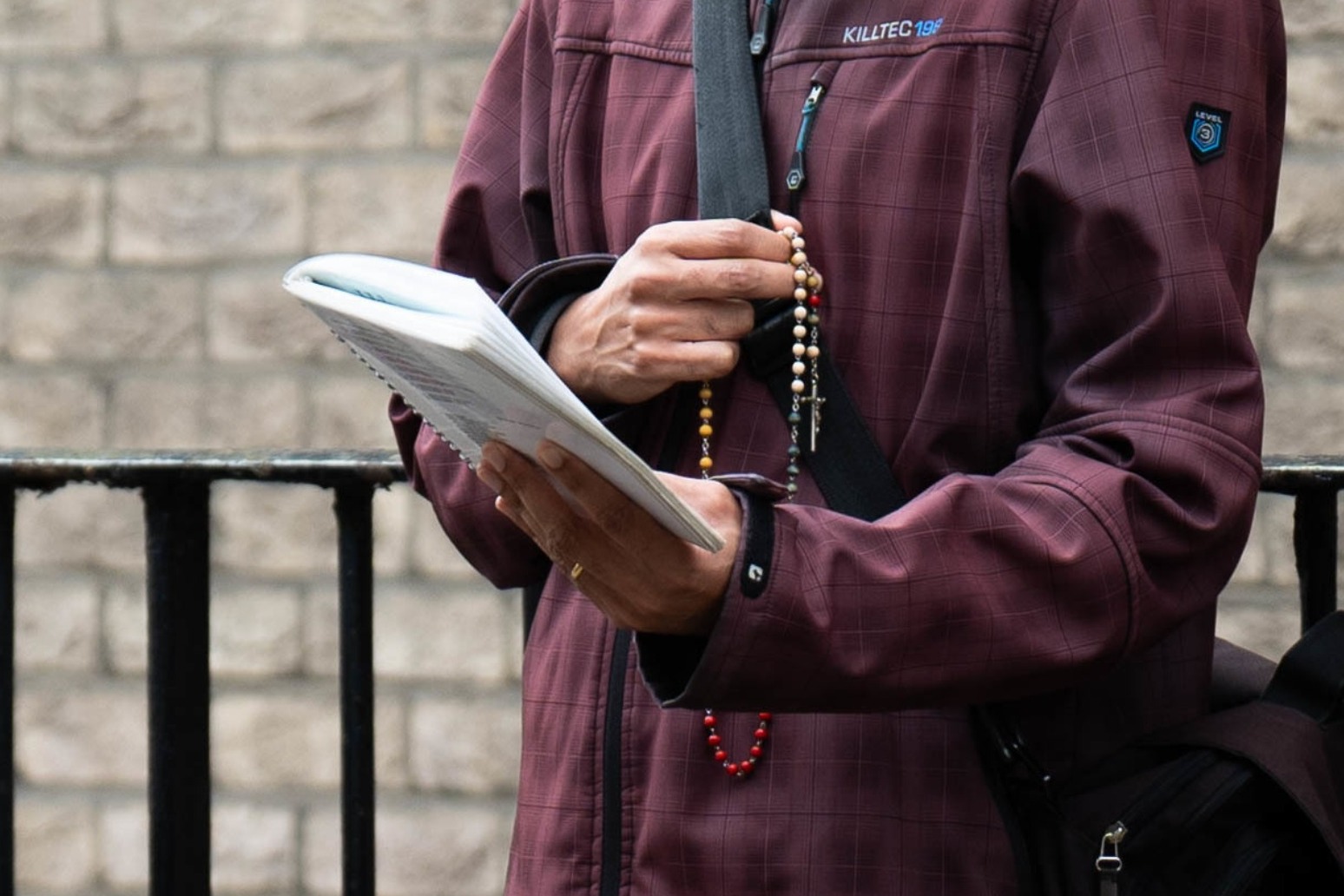
The zones in England and Wales come into force today
Silent prayer will not be automatically banned in new protected zones around abortion clinics in England and Wales coming into force on Thursday.
Instances will be dealt with on a case-by-case basis, with police and prosecutors deciding around the intent or recklessness of the person involved.
Pro-choice campaigners had called for a total ban on silent prayer within the zones, arguing a woman using a clinic can feel intimidated by the presence of someone standing in the area praying, even if they are not speaking.
But opponents of the new law have repeatedly insisted not allowing silent prayer is a “gross intrusion in the right of freedom of religion, free speech”, with the Society for the Protection of Unborn Children (SPUC) indicating they could seek legal action, saying any inclusion of silent prayer “needs to be properly tested in the courts”.
Safe access zones, covering a 150-metre radius, are part of the Public Order Act which was passed 18 months ago.
Under section 9 of the Act, it is an offence for someone to, within this area, do anything that intentionally or recklessly influences someone’s decision to use abortion services, obstructs them, or causes harassment, alarm or distress to someone using or working at the premises.
There has been a delay in implementing the so-called buffer zones since the law was passed last year, as arguments persisted around whether silent prayer should be included.
Crown Prosecution Service (CPS) guidance states that a person carrying out activities within a zone such as silent prayer “will not necessarily commit a criminal offence”.
It adds: “Prosecutors will need to consider not only all the facts and circumstances of the particular conduct but also the context in which the conduct takes place.”
The Home Office said the CPS guidance “will ensure there is clarity and consistency across the country”.
The department listed silent prayer as being among examples of behaviour which could amount to an offence, alongside holding vigils and handing out anti-abortion leaflets.
The person suspected of an offence does not have to know or believe they are in a safe access zone, the guidance states.
It is understood local police forces will work with clinics to decide whether signage marking out the zones would be helpful or not. It is not a requirement under the new law.
Anyone convicted faces an unlimited fine.
The full CPS guidance and a brief from the College of Policing are due to be published on Thursday.
A National Police Chiefs’ Council (NPCC) spokesperson said police forces “will act appropriately to protect those accessing abortion clinics”.
The spokesperson said: “Each event or protest will be assessed on its own unique circumstances – all groups or causes are treated impartially and in accordance with the law.
“Our priority remains protecting the public and keeping people safe.”
Dame Diana Johnson, crime and policing minister, said she is “confident that the safeguards we have put in place today will have a genuine impact in helping women feel safer and empowered to access the vital services they need”.
Safeguarding minister Jess Phillips said: “Getting this measure up and running as soon as possible has been one of our priorities and I am proud of everyone involved in getting us here.
“The idea that any woman is made to feel unsafe or harassed for accessing health services, including abortion clinics is sickening. This stops today.”
Ailish McEntee, a safeguarding midwife for abortion provider MSI Reproductive Choices, said the implementation of the zones is “hugely important” to ensure confidentiality, privacy and safety for women to access services “without being intimidated or harassed by any anti choice protesters”.
She spoke to the PA news agency as a group of men stood outside the MSI central London clinic ahead of the zones coming into effect, three singing and praying while holding rosary beads on the opposite side of the road, and one directly outside the entrance offering leaflets to those who entered.
Anti-abortion campaign groups have argued they seek to provide support to people who might be facing coercion and offer “genuine choice” to women.
Ms McEntee told PA: “Most of the time, the women have come and they’ve made the decision, they’ve made their mind up.”
She said she would be “really disappointed if there were exceptions allowing silent prayer within the buffer zones”, adding: “We know that women have reported feeling intimidated by anti-choice protesters that are utilising silent prayer.”
Louise McCudden, UK head of external affairs at MSI Reproductive Choices, said while it is “right that the police use their judgment and consider incidents on a case-by-case basis”, she “would expect most examples of what anti-abortion groups call ‘silent prayer’ to be moved along by the police”.
She added: “It’s difficult to see how anyone choosing to perform their prayers right outside an abortion clinic could argue they aren’t attempting to influence people – and there are countless testimonies from women who say this makes them feel distressed.”
In March 2023 MPs rejected attempts to allow silent prayer in the zones, voting down an amendment from a group of Tory and DUP MPs aimed at ensuring no offence is committed if a person is “engaged in consensual communication or in silent prayer” outside the clinics or hospitals offering abortion services.
Bishop John Sherrington, of the Catholic Bishops’ Conference of England and Wales, said the Government had “taken an unnecessary and disproportionate step backwards in the protection of religious and civic freedoms in England and Wales” in bringing in the new law.
He said: “Religious freedom includes the right to manifest one’s private beliefs in public through witness, prayer and charitable outreach, including outside abortion facilities.”
It is not expected there will be a police presence in place on Thursday outside clinics, with staff instead continuing to follow the usual practice of calling officers if there is a problem.
Legislation creating buffer zones around abortion clinics in Scotland came into force in September while they have been in place in Northern Ireland for a year.
Published: by Radio NewsHub

Similar posts
Upcoming shows

80’s ’til 8
7:00 pm - 8:00 pm

John Atkins – Sunday 60’s and 70’s
8:00 pm - 11:00 pm

Night Trax
12:00 am - 7:00 am

Paul Baker – KL1 Breakfast
7:00 am - 10:00 am

Chris Fisher – KL1 Mornings
10:00 am - 1:00 pm
Message Us
Copyright The Mediasite UK - 2025


